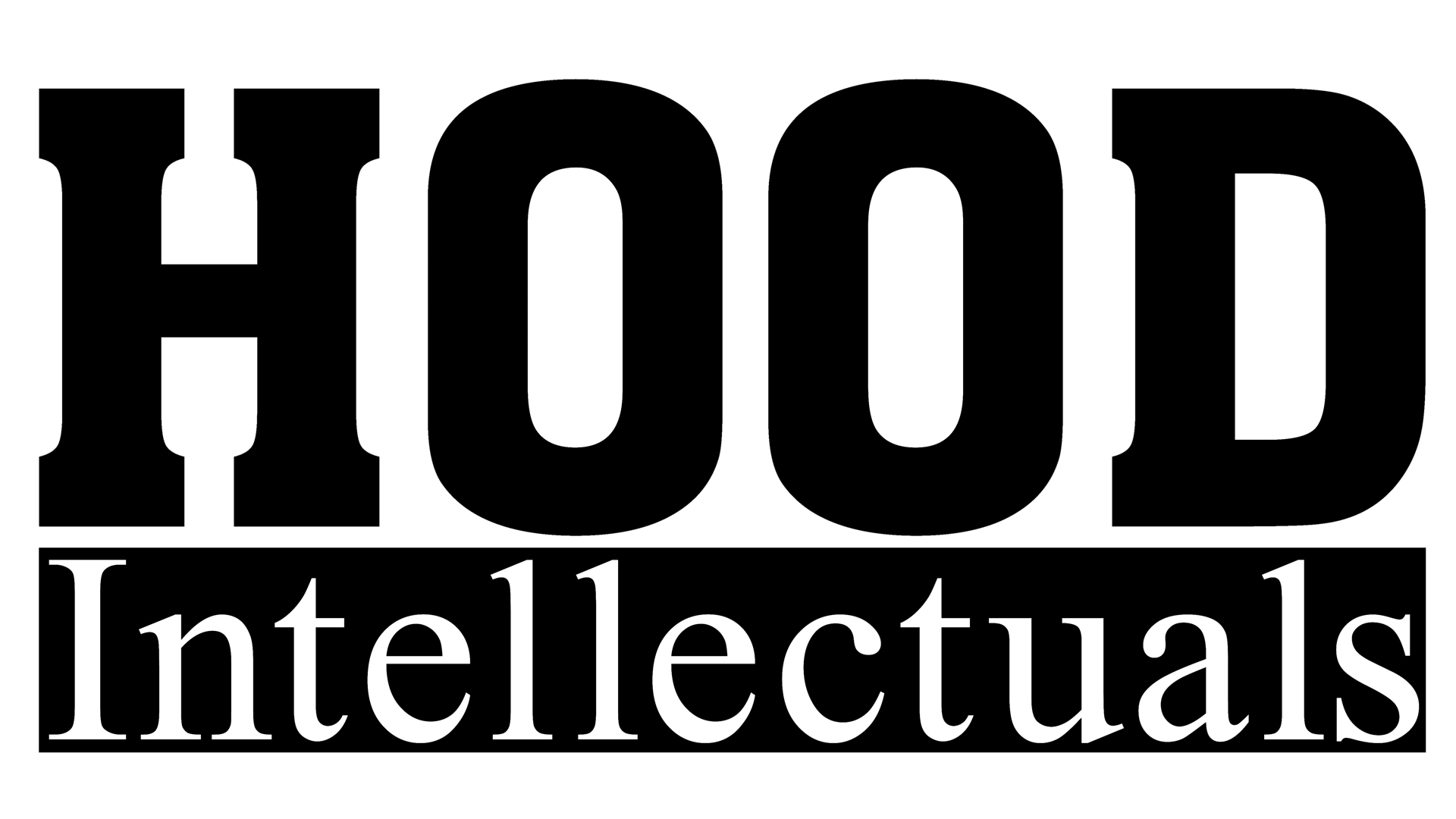Who would have thought a physicist such as Mr. Feynman could live such an eventful and amusing life?

The first thing that comes to mind after finishing the book and seeing the title is how familiar it sounds – almost exactly like my reaction throughout. At first, I would have thought that Feynman’s notoriety wouldn’t extend beyond the realm of physics, but after reading the book, I’m inclined to think differently.
The only reason I bought this book 7 years ago and left it on my shelf where it remained unread until last week was because I recognised Feynman’s name from my A-level Physics classes. Honestly, at the time I probably didn’t even remember why I recognised his name, but seeing a book with a name I recognised from the world of science and high reviews on Amazon obviously meant that I must “add to basket”.
Surely You’re Joking Mr. Feynman is the product of recorded conversations between Richard Feynman and his friend Ralph Leighton that was published with Feynman’s consent in 1985. It features a range of anecdotes in which Feynman describes different events and experiences throughout his life.
While understanding some basic principles of physics may help a keen reader understand the more technical aspects of the book, I found that having limited scientific knowledge wouldn’t hinder the general reader’s comprehension of Feynman’s ideas, perspectives and the lessons he learned.
But that was my big moment: I gave a seminar in the biology department at Harvard! I always do that, get into something and see how far I can go.
From the get-go, we are shown an amusing character with what would seem like a genetic knack for science. Feynman would be relentless in his pursuit of solving problems whether it was a radio to fix or an equation that needed as accurate an answer as possible. He would throw himself into different fields such as biology, mathematics and philosophy just to see how much he could achieve. It almost seems as if he had no logical structure to how he did things, but I’m sure if I had the opportunity to say that to him, he would say something along the lines of, “What even is a logical structure?”
I learned how to look at life in a way that’s different from the way it is where I come from.
In the earlier portion of the book, Feynman gives varying accounts of his time during The Manhattan Project. Initially, it comes as a surprise that a comedic, light-hearted and “troll” of a character such as Feynman would be asked to work on a project with an undoubtedly devastating outcome. From probably being the only person to see the test bomb with the naked eye to cracking the safes of his colleagues and base commanders for the fun of it, he challenged the limitations of society because he wanted to feed his curiosity and experience what otherwise couldn’t have been experienced.
I’m not here to give you a typical book review and discuss the grammar or the cohesiveness of the language or whatever else language nerds love talking about. While those elements are important, I’m more interested in what I get out of a book and the impact it leaves on me.
As I read through the chapters and made my way towards the end, what fascinated me the most is how Feynman never lost his main focus but never feared a challenge or developing new skills. He would learn two new languages and spend months in foreign countries teaching and learning. He would learn to play numerous instruments in different environments and cultures. He would embark on a joint mission with his artist friend where they would teach each other their respective fields, and even though his friend gave up after a few weeks, Feynman would continue and become so skilled that he would sell his art and have them displayed in galleries.
Besides all this and as I already mentioned, Feynman never lost his main focus – physics. During his time at Cornell after the war as a young professor who wrestled with the giants of his era such as Oppenheimer, Einstein and Bohr, he would receive offers from all over the country with better pay and benefits but rejected them all. In fact, at one point he received an offer so prestigious that he would have been in a better position than Einstein, but he said the following regarding the matter:

Finally, Feynman’s stories showed me that decisiveness is an incredible tool that many people fail to utilise. We constantly worry whether we should go somewhere, or about the people around us if we do something, or our mothers or our siblings or whatever else is considered a factor. Feynman demonstrates that certain cues should help us make firm decisions, such as the scientific culture of a given institution when deciding to accept an offer or the guaranteed quality of chocolate ice cream when choosing a dessert.
There are many elements of the book not discussed within this review and quite frankly, if we were to discuss them all we could probably write another book. However, with everything said and unsaid, it’s a book I’ve learned a lot from and through which I discovered perspectives that were either new or hidden deep within my subconscious.
As a result, I would give this book a: 
This is my first attempt at a “book review”. If you have any suggestions or have any requests please leave a comment below or use the contact form via the link in the menu.


